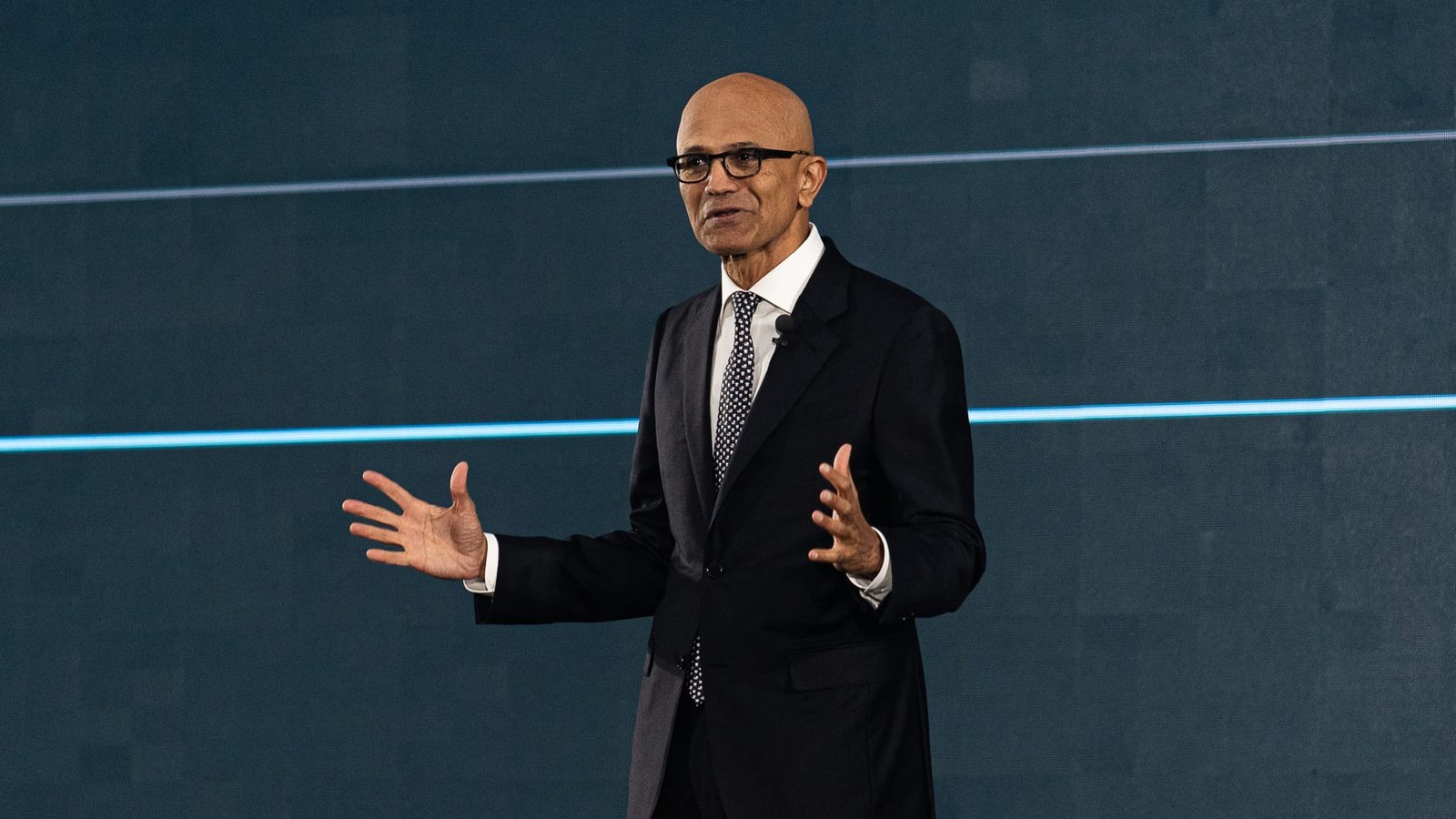One interpretation of the law of supply and demand suggests that scammers become active when demand exceeds supply, particularly with popular weight-loss drugs from Eli Lilly and Novo Nordisk. These drugs, including injectable Ozempic, Mounjaro, Wegovy, and Zepbound, are in high demand among Americans for treating type 2 diabetes and obesity. However, due to production constraints and high costs, a confusing online marketplace has emerged for compounded versions of these drugs. The Food and Drug Administration allows compounded versions when proprietary ingredients are scarce, leading to a proliferation of scams offering both brand-name and counterfeit GLP-1s on various online platforms.
Consumers have reported receiving unauthorized, counterfeit, or different medications from these sellers, leading to financial losses and health risks. Novo Nordisk disclosed incidents of deaths and hospitalizations related to compounded semaglutide, prompting a request to ban copycat drugs. Cybersecurity experts, consumer advocates, and media investigators have uncovered numerous illegal activities on social media platforms and websites where scammers operate, exploiting the desire for weight loss.
A joint investigation revealed how scammers use platforms like TikTok to sell GLP-1s illegally, often at discounted prices and through untraceable payment methods. The rise of weight-loss scams has been significant, with a surge in risky website URLs and phishing attempts related to these drugs. The proliferation of counterfeit drugs and diverted medications from various countries has raised concerns about the safety and authenticity of these products.
Compounded GLP-1s have added to the complexity of the market, as these versions are not FDA-approved and may not meet regulatory standards. Despite efforts by social media companies to combat illegal sales, scammers find ways to circumvent policies and continue their activities. Influencers promoting these drugs and celebrities sharing their experiences further contribute to the public’s interest in GLP-1s.
Lilly and Novo are facing challenges from compounders who have filled the gap during shortages but are now being targeted for trademark infringement and deceptive marketing. The FDA’s actions regarding the availability of these drugs have caused uncertainty in the market, impacting patients and manufacturers alike. Both companies are investing in expanding production to meet the growing demand for GLP-1s, emphasizing the need for increased vigilance against scams in the online marketplace.




